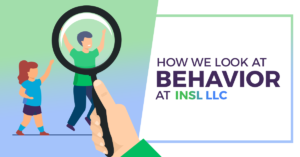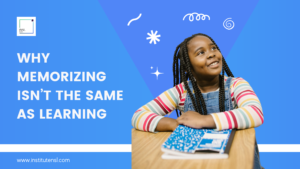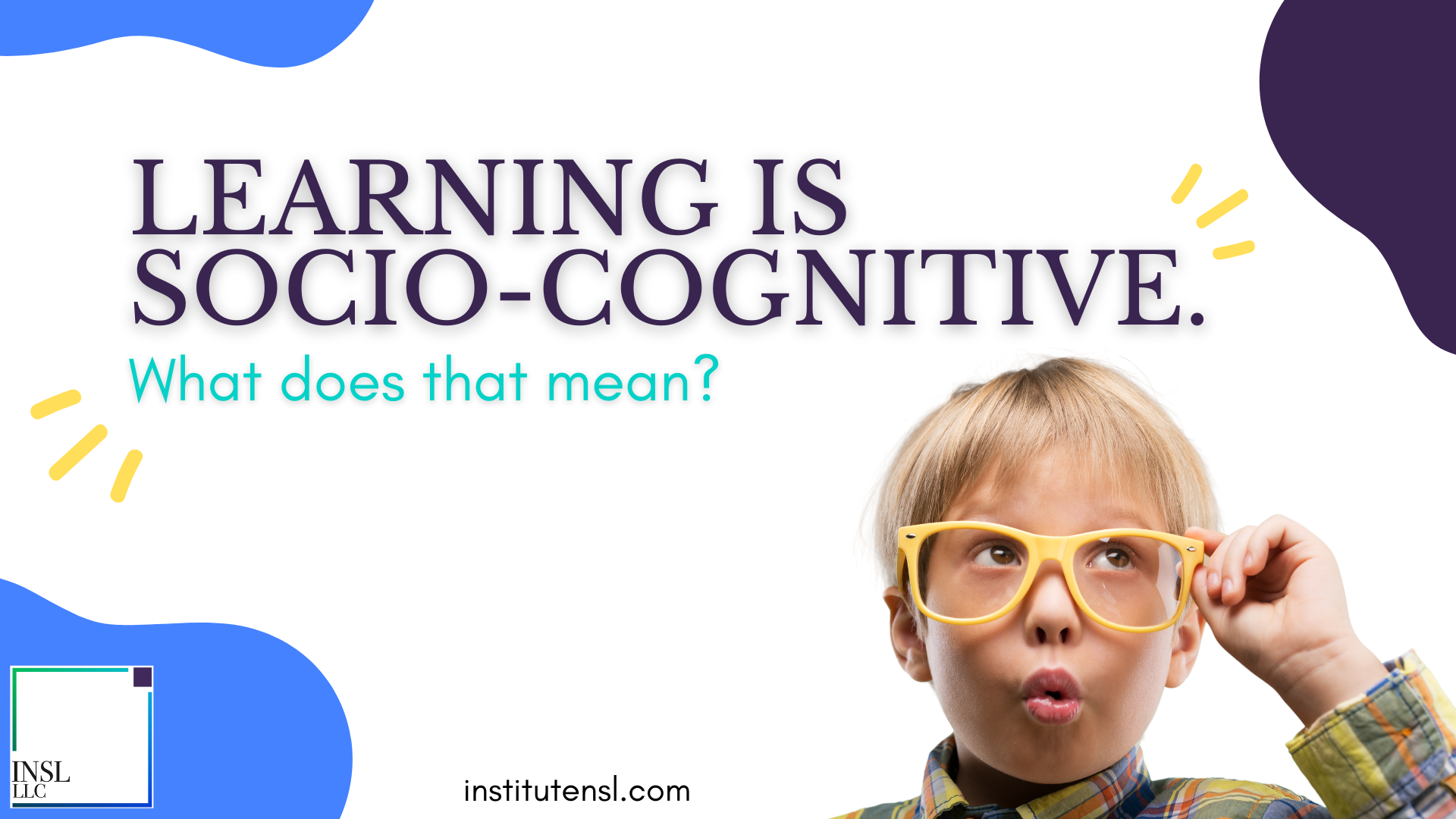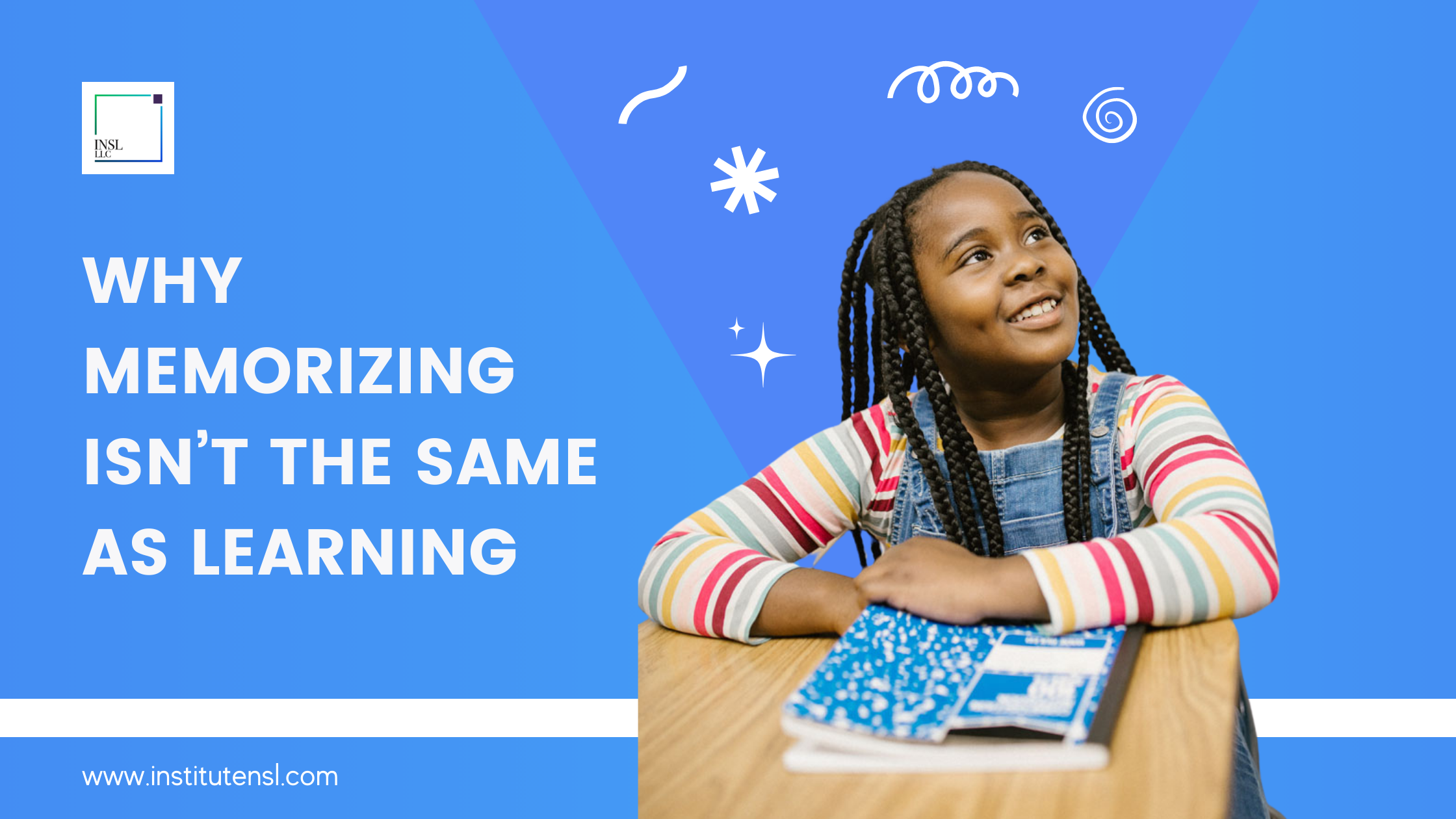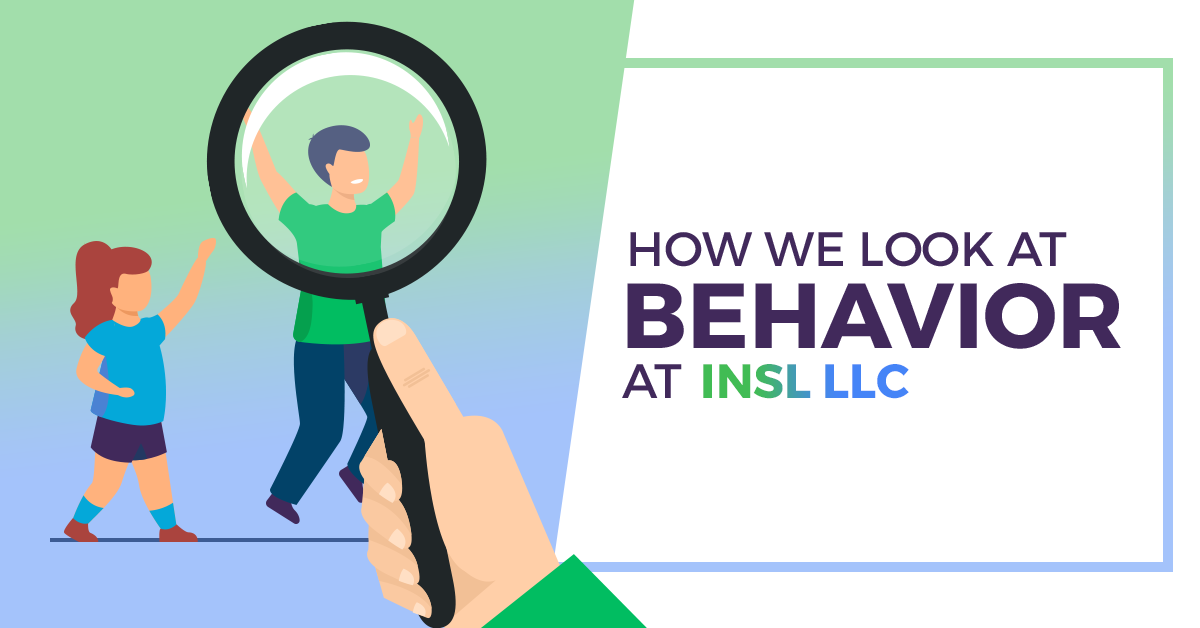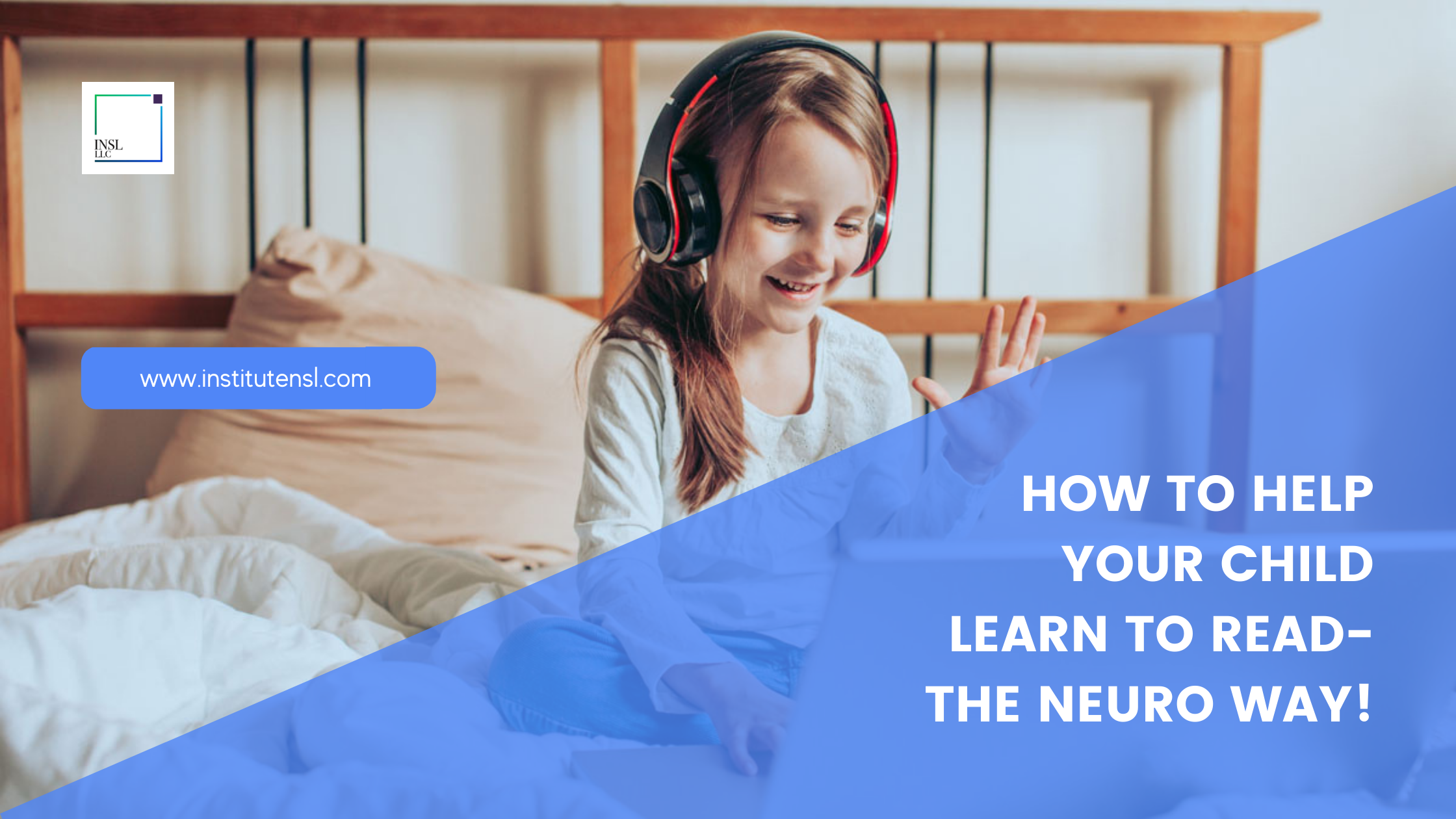
How to Help Your Child Learn to Read- The Neuro Way!
All parents hope their child learns to read easily and quickly. Yet, many children struggle to learn to read. It seems incredible that with all the advances humans have created through our brains’ ingenuity, that reading is still a puzzle for our education system. There is a lot of debate about the “science of reading” which may sound perplexing. Science should be exact, precise, and reliable. So, what is happening? Well, there are layers to this situation. One is that each of our brains are unique and so a broad, one-size-fits-all approach is inherently doomed to fail. Individual learners need to be considered for their unique strengths and abilities, instead of grouped by disassociated levels and numbers from a packaged assessment.
In addition, those who create, market, and promote reading programs in shiny packages are not necessarily educators who have studied the neuroscience behind reading. If they did, they would know that 95% of us use a visual learning system, which means our brains need to make mental pictures to understand text or new ideas. They would also know that our brains don’t actually recognize sounds or even words on their own. Visual learners need context to make meaning of words in order to truly understand and learn them.
So, for parents who have children who struggle to learn to read, how can you help? Well, first of all, know that your child is fully capable and smart enough to read, but they may not yet have been given the access to their learning system to learn to read in the way that works for their brain. Here are five ideas you can use right away to help your child increase their literacy:
- As they read to you, tell them words they don’t know instead of making them sound them out.
- Give them opportunities to draw pictures next to words they don’t know how to read, creating picture dictionaries they can refer to when they are reading to make mental pictures of the ideas of the words themselves.
- Use lots of language in your house as you go about your lives, so your child can hear words in real-life situations and make meaningful sense of them.
- Read TO your child and stop often to discuss the ideas from the text to build additional knowledge.
- Encourage your child to write short stories, giving them the correct spelling of the words, and then have them read back their stories to you. They will build confidence by re-reading their own writing.
All these ways will support your child on their path to literacy, recognizing their own learning system and strengths. In addition, you will enjoy the experiences more than the grueling drills, flash cards and sight word lists that may come home. Creating positive and enriching interactions with reading will snowball for your child on their path to literacy.
-Erin Porter, INSL LLC Neuroeducator





